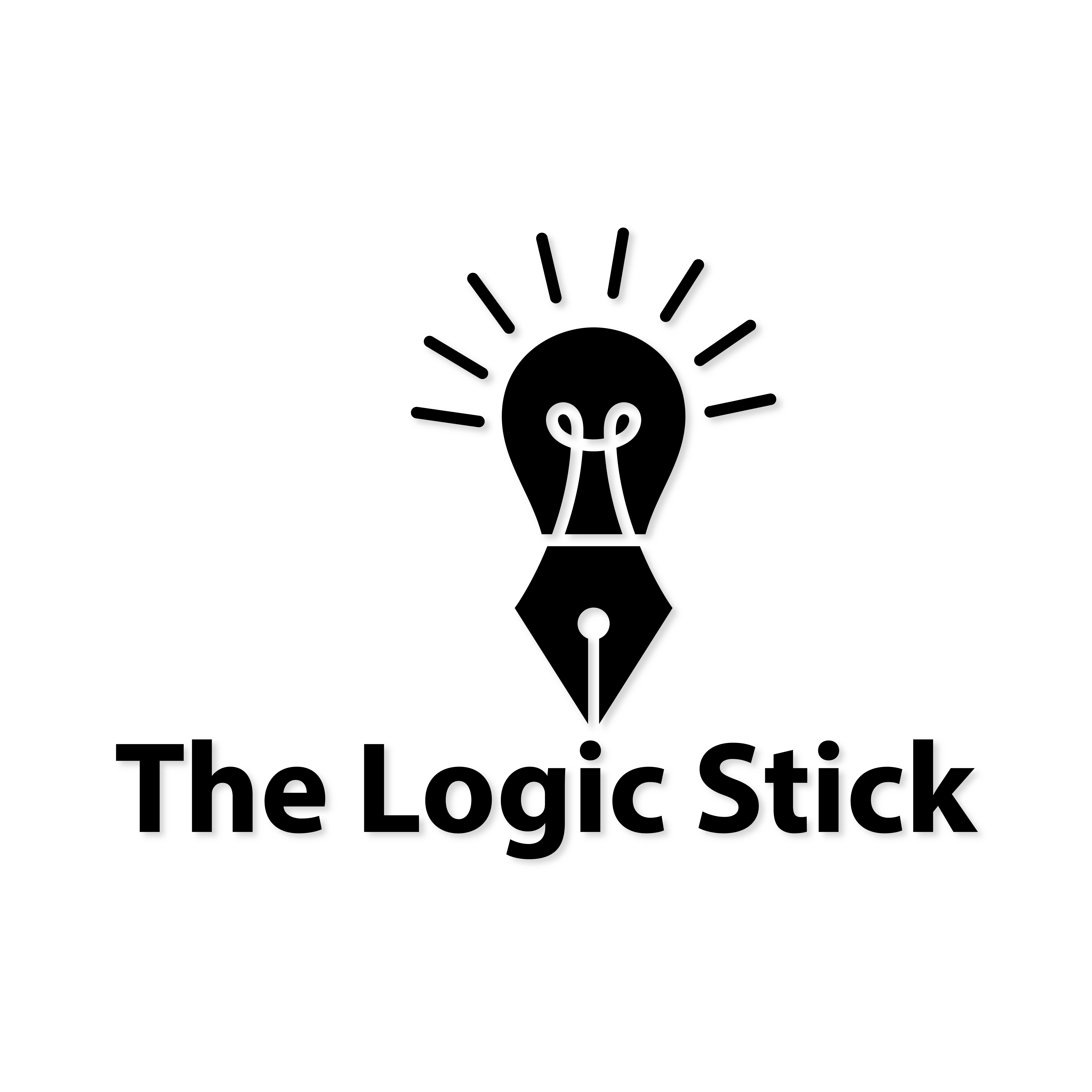Introduction
In a world where burnout, anxiety, and emotional overwhelm are becoming increasingly common, the conversation around mental health has never been more important. Dr. Labdhi Shah, a renowned Mental Health Practitioner and founder of Unheard Life by Labdhi, believes that caring for your mind is not a luxury but a daily necessity. Just as we exercise and eat well for physical wellness, tending to our emotional well-being deserves equal attention.
This blog dives deep into what mental health truly means, how depression is more than just an emotional low, the science behind psychotherapy, and the role of vitamins and nutrition in maintaining a balanced brain.
Scripted India Podcast – Episode 3
What is Mental Health?
Mental health refers to our emotional, psychological, and social well-being. It influences how we think, feel, act, and relate to others. It also determines how we cope with stress, make choices, and function in daily life.
According to Dr. Labdhi Shah, “Mental health is the foundation of our emotional resilience and quality of life. It’s about more than the absence of mental illness—it’s about thriving emotionally and psychologically.”
Whether you’re dealing with trauma, stress, or everyday challenges, maintaining strong mental health ensures you can bounce back, stay connected, and feel fulfilled.
Key Pillars of Mental Health:
- Emotional regulation
- Positive relationships
- Self-awareness and identity
- Stress resilience
- Decision-making capabilities
Depression: Beyond the Blues
Depression is one of the most commonly misunderstood mental health disorders. It’s not simply “feeling sad” or “having a bad day.” Clinical depression, or Major Depressive Disorder, is a serious mental health condition that affects how a person feels, thinks, and behaves—often interfering with daily functioning.
Also read – Love, Lust & Letting Go in 2025: Why Modern Relationships Hurt More
Common Symptoms of Depression Include:
- Persistent sadness or hopelessness
- Loss of interest in activities
- Fatigue and low energy
- Sleep disturbances
- Appetite or weight changes
- Difficulty concentrating
- Feelings of worthlessness or guilt
- Thoughts of self-harm or suicide
Dr. Shah emphasizes, “Depression isn’t always visible. People may look fine on the outside but feel overwhelmed inside. It’s vital to approach it with compassion and curiosity, not judgment.”
The Nutrition–Mental Health Connection: Why Vitamins Matter
While depression is psychological, it also has biological and nutritional dimensions. Research now shows that nutrient deficiencies can impact brain function, mood, and mental clarity.
Key Vitamins & Nutrients for Mental Health:
- Vitamin D:
Known as the “sunshine vitamin,” Vitamin D helps regulate mood and ward off depression. Low levels are linked to higher rates of depressive symptoms. - Vitamin B12:
Essential for neurological function, B12 helps produce brain chemicals that affect mood. A deficiency can lead to fatigue, confusion, and low mood. - Omega-3 Fatty Acids:
Found in fish oil, these healthy fats support brain health and reduce inflammation, playing a role in mood stabilization. - Magnesium:
This mineral supports the nervous system and reduces anxiety, stress, and depressive symptoms.
“Our brain is a biochemical organ. You can’t expect it to function well without the right fuel,” says Dr. Labdhi Shah.
Psychotherapy: The Power of Talking
Psychotherapy, also known as talk therapy, is a proven and powerful tool for emotional healing and personal growth. It’s not about giving advice or ‘fixing’ someone—it’s about empowering you to understand, process, and transform your inner world.
Dr. Shah explains: “Psychotherapy is a safe, non-judgmental space where people can explore their fears, wounds, patterns, and desires. It’s the art of guiding someone gently back to themselves.”
Types of Psychotherapy & Popular Theories
Different people need different approaches. That’s why psychotherapy draws from various psychological theories, each with unique tools for healing.
1. Cognitive Behavioral Therapy (CBT):
CBT focuses on identifying negative thought patterns and replacing them with more rational, balanced thoughts. It’s highly effective for treating anxiety, depression, and trauma.
Example:
A person with depression may believe “I’m a failure.” CBT helps them reframe this into a more empowering belief like “I’m struggling, but that doesn’t make me a failure.”
2. Psychodynamic Therapy:
This method digs deep into your unconscious mind, childhood experiences, and emotional wounds. It helps uncover the root causes of current struggles, promoting deep emotional insight and healing.
3. Humanistic Therapy:
Centered on self-growth and self-actualization, this approach fosters an environment of empathy and authenticity. It emphasizes personal responsibility and living a fulfilled life.
4. Trauma-Informed Therapy:
Used for clients with PTSD or trauma history, this therapy prioritizes safety, empowerment, and healing through body-mind integration and trust-building.
When Should You Seek Help?
There’s no ‘right time’ to go for therapy. If you feel emotionally overwhelmed, disconnected, or stuck in patterns that affect your quality of life, therapy can help. You don’t need a crisis to start. Early intervention leads to better long-term outcomes.
Signs You Might Benefit from Therapy:
- Persistent sadness or irritability
- Relationship issues
- Overthinking or anxiety
- Feeling stuck or lost
- Low self-esteem or shame
- Past trauma or grief
“Seeking help is not weakness. It’s one of the bravest things you can do for yourself,” says Dr. Shah.
The Role of Safe Spaces: Why Unheard Life Matters
At Unheard Life by Labdhi, therapy isn’t clinical or cold. It’s warm, inclusive, and deeply human. The goal is to create a safe and non-judgmental space where people can explore their thoughts without fear.
Whether it’s navigating a breakup, burnout at work, or inner childhood wounds — Dr. Shah’s approach is rooted in compassion, awareness, and evidence-based techniques.
The Future of Mental Health: A Holistic Approach
Mental health in 2025 is no longer about just medication or counseling. It’s about a holistic lifestyle—where therapy, diet, sleep, mindfulness, and supportive relationships all work in tandem.
Tips for Daily Mental Wellness:
- Get 7–8 hours of sleep
- Move your body regularly
- Practice mindfulness or meditation
- Limit screen time and social comparison
- Eat balanced, brain-boosting meals
- Prioritize emotional expression
- Seek professional help when needed
Final Thoughts
Mental health isn’t a trend—it’s a vital pillar of human health. And depression isn’t a weakness—it’s a condition that deserves care, attention, and healing.
With practitioners like Dr. Labdhi Shah leading the way, mental health is becoming more accessible, compassionate, and holistic. If you’ve been waiting for a sign to take care of your mind—this is it.
About Dr. Labdhi Shah
Dr. Labdhi Shah is a Psychotherapist and Mental Health Practitioner, dedicated to helping individuals unlock their inner strength through self-awareness and emotional healing. She is the founder of Unheard Life by Labdhi, a platform that bridges the gap between emotional struggle and mindful living. Her work blends empathy with clinical expertise to create deep, lasting change in the lives of her clients.






